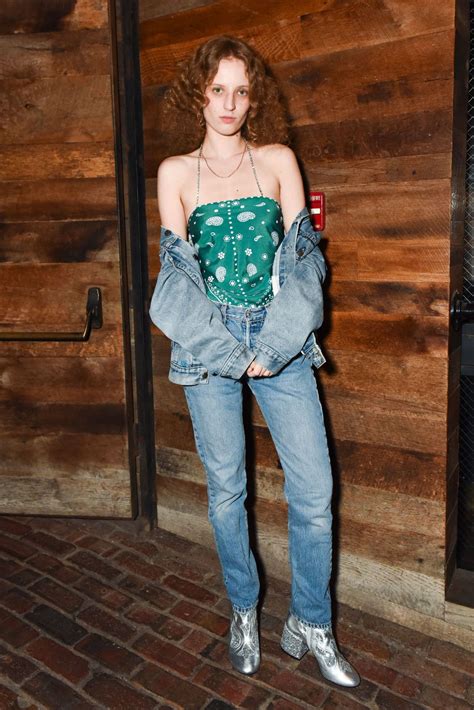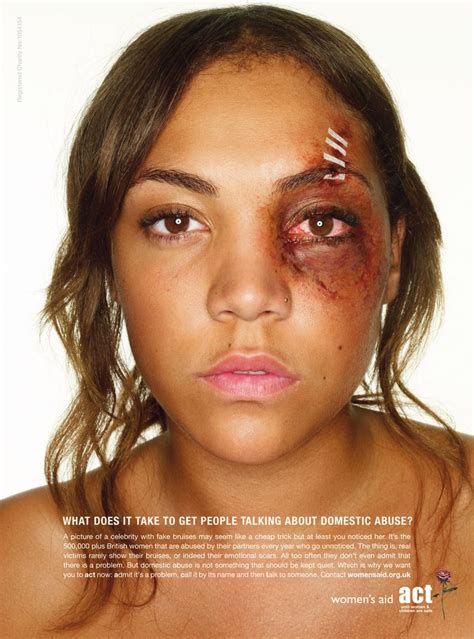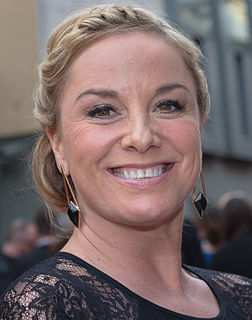A Quote by Petra Collins
My mother struggled immensely with mental illness, and so did I. She grew up bipolar, but it was never diagnosed nor recognized. It was shrugged off like a 'symptom' of being female - of her being weak. I also experienced this growing up: I felt that the great pain I experienced was a dramatisation.
Related Quotes
One of the facets of growing up the way I did, I never had the experience of being solely in the black community. Even my family, my mother is what they call Creole, so she's part French, part black, and grew up in Louisiana. It's a very specific kind of blackness that is different than what is traditionally thought of as the black community and black culture. So, I never felt a part of whatever that was.
She expected the pain, when it came. But she gasped at its sharpness; it was not like any pain she had felt before. He kissed her and slowed and would have stopped. But she laughed, and said that this one time she would consent to hurt, and bleed, at his touch. He smiled into her neck and kissed her again and she moved with him through the pain. The pain became a warmth that grew. Grew, and stopped her breath. And took her breath and her pain and her mind away from her body, so that there was nothing but her body and his body and the light and fire they made together.
I experienced firsthand not only the mental and physical damage being unhealthy does to a person, but I also recognized the discrimination many overweight people faced because of their public image. And I, like everyone else, is susceptible to falling into negative patterns that can cause weight gain.
When I got the job I thought about her a lot. Not only was I getting a great job in a really good movie, but it was with Lindsay Lohan. She's so famous and I don't have any of that, I have never experienced that kind of intense scrutiny that she's under, so of course I wondered what it would be like acting opposite her. I can tell you that it's like being with The Beatles. You cannot fathom the kind of attention she gets. It's mind boogling.
When you have mental illness you don't have a plaster or a cast or a crutch, that let everyone know that you have the illness, so people expect the same of you as from anyone else and when you are different they give you a hard time and they think you're being difficult or they think you're being a pain in the ass and they're horrible to you. You spend your life in Ireland trying to hide that you have a mental illness.
I never had any desire to be famous. I find people who do really sad. I genuinely feel sorry for them because there is nothing of substancein their lives. I am happy when I am writing or performing. Not when I sit there being "famous". I like recognition for my work, but not recognition for being "that bloke off the telly". It is genuinely humbling when a woman comes up to me, as someone did recently, to say she wanted to commit suicide after her husband died, and my show cheered her up and made her feel better. That's great.








































